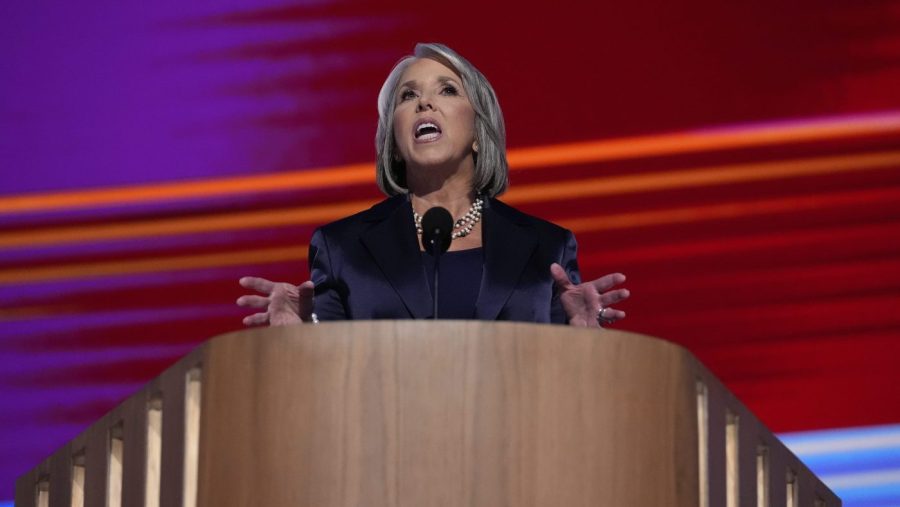Physical Address
304 North Cardinal St.
Dorchester Center, MA 02124
Physical Address
304 North Cardinal St.
Dorchester Center, MA 02124


Governors across the western United States met this week to adopt a bipartisan set of resolutions aimed at strengthening state and federal partnerships on environmental policy, as well as energy, health and labor issues.
The leaders, who gathered in Las Vegas for a meeting of the Western Governors Association (WGA), approved five new measures as part of a broader set of 29 policy resolutions, which help inform their collective defense of Western priorities in Washington, DC.
“This organization operates in what I would say is no longer really bipartisan, it’s nonpartisan, it’s having concrete conversations with experts across the country,” said New Mexico Gov. Michelle Lujan Grisham (D), WGA president this year, in a statement.
“We ask hard questions and look for ways to make it meaningful and solve these problems,” added Lujan Grisham.
Also attending this latest meeting of the WGA, which represents the heads of the 22 westernmost US states and territories, were five other governors: Utah Gov. Spencer Cox (R), this year’s vice president; Colorado Gov. Jared Polis (D); Hawaii Gov. Josh Green (D); Nevada Gov. Joe Lombardo (R); and Wyoming Gov. Mark Gordon (R).
The first resolution adopted by the group focused on the energy sector as a major contributor to western US economies and a critical resource to meet the nation’s demands. The governors expressed their collective commitment to grid modernization and resiliency, innovation, and economic and job development, while incorporating the geothermal and decarbonization goals of the two previous WGA presidents, Polis and Gordon.
A second resolutionon air quality protection and management, acknowledged the fact that Western states have achieved significant emissions reductions in recent decades. However, the resolution also emphasized the need to address ongoing challenges in the region: recommending stronger state-federal cooperation in regulating air quality, ozone, particulate matter, smog, methane and hydrofluorocarbon emissions. Also included in that measure was support for prescribed burns, which governors say could reduce the polluting effects of extreme wildfires.
Thethird resolutionin terms of workforce development, focusing on expanding work-based learning, high-quality vocational and technical education, and lifelong learning opportunities.
Afourth resolutionfocused on what is known as “compensatory mitigation,” or the restoration of wetlands to offset the environmental impacts of land development, either directly or through the purchase of credits. Underscoring the vital role compensatory measures play in their areas, the governors urged the federal government, which owns large tracts of land in the west, to adhere to state-based mitigation programs and policies.
Thefifth resolutionregarding physical and behavioral health care, he noted the unique challenges that may prevent Western residents from accessing these services, particularly in rural, border, or tribal communities. The governors recognized the importance of strong state and federal partnerships, with the goal of ensuring that all levels of government work together on these issues.